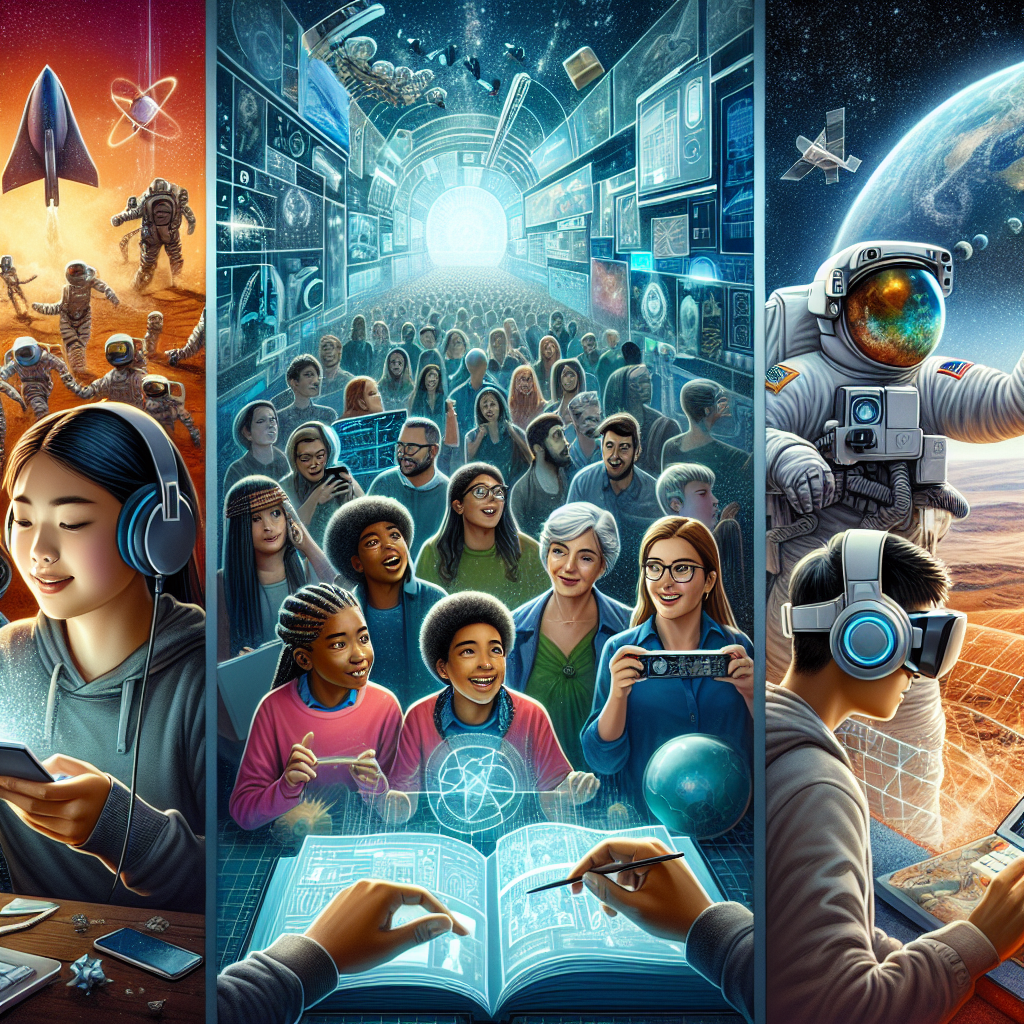The Ever-Evolving World of Entertainment: From Shakespeare to Streaming Success
Entertainment, much like the air we breathe, is an essential part of human existence. It’s the vital thread that weaves through our lives, bringing joy, relaxation, and a sense of connection. From the timeless allure of Shakespearean theatre to the modern-day phenomenon of streaming services, the landscape of entertainment has transformed dramatically, reflecting broader changes in society and technology.
Origins of Entertainment
Historically, entertainment has taken many forms, from the ritualistic ceremonies of ancient civilizations to gladiatorial combat in Roman arenas, and the intricate dance and music performances in Indian temples. Each form of entertainment served a dual purpose: to delight and to express cultural values.
In the 16th century, William Shakespeare’s Globe Theatre epitomized the blossoming of theatrical entertainment. His plays, rich in human emotion and insight, provided a mirror to society, while offering audiences a much-needed escape from daily woes.
The Golden Age of Cinema
Fast forward to the early 20th century, and the world saw the birth of a revolutionary medium: cinema. From the silent films of Charlie Chaplin, which communicated universal themes through mere gestures and expressions, to the "talkies" that brought dialogue and soundtracks to the silver screen, cinema quickly became a dominant form of entertainment.
Hollywood’s Golden Age in the 1930s and 40s cemented film as a cultural touchstone. Iconic films like "Gone with the Wind" and "Casablanca" not only showcased the artistic potential of film but also reflected and influenced societal trends and values.
The Television Revolution
The advent of television in the mid-20th century marked the next major shift in entertainment. With the ability to bring moving pictures directly into the home, television transformed daily life. Families gathered around their TV sets to watch shows that would define generations, from the American sitcom "I Love Lucy" to the British science fiction series "Doctor Who."
Television also became a platform for the dissemination of news, effectively shrinking the world and broadening the public’s perspective on global issues. The moon landing, presidential debates, and even ongoing wars—all were broadcast into living rooms, making far-off events immediate and personal.
The Digital Era: Streaming Services and Beyond
As the 21st century dawned, the digital revolution introduced unprecedented changes to the entertainment industry. The internet became a new frontier, offering endless possibilities for content creation and consumption. Platforms like YouTube democratized content creation, allowing anyone with a camera and an idea to reach a global audience.
The rise of streaming services like Netflix, Hulu, and later Disney+, transformed the entertainment landscape once again. These platforms not only offered on-demand viewing but also pioneered original content production, challenging traditional television and cinema giants. Series like "Stranger Things" and "The Crown" became cultural phenomena, accessible at the touch of a button.
Interactive Entertainment
Parallel to these trends, the video game industry has grown exponentially. From pixelated classics like "Pac-Man" to sprawling open-world adventures like "The Legend of Zelda: Breath of the Wild," video games have evolved into a sophisticated form of storytelling and immersion. Esports, or competitive gaming, has further expanded this domain, drawing massive audiences and creating professional gaming celebrities.
The Future of Entertainment
As technology continues to advance, so too does the realm of entertainment. Virtual reality (VR) and augmented reality (AR) promise to create deeply immersive experiences, blurring the line between the virtual and physical worlds. Moreover, artificial intelligence (AI) is becoming an integral part of content creation, from CGI characters that act with humanlike realism to personalized content recommendations that tailor entertainment to individual tastes.
The blending of technology and creativity guarantees that the future of entertainment will be as dynamic and unpredictable as its past. As new forms of entertainment emerge, they will continue to reflect and shape cultural values, just as Shakespeare’s plays did centuries ago.
In conclusion, entertainment is a mirror of human ingenuity and a window into our collective soul. It evolves with us, bringing joy, prompting reflection, and creating connections. From the timeless plays of Shakespeare to the streaming sensations of today, entertainment remains an ever-present, vital part of the human experience.













Leave feedback about this
You must be logged in to post a comment.